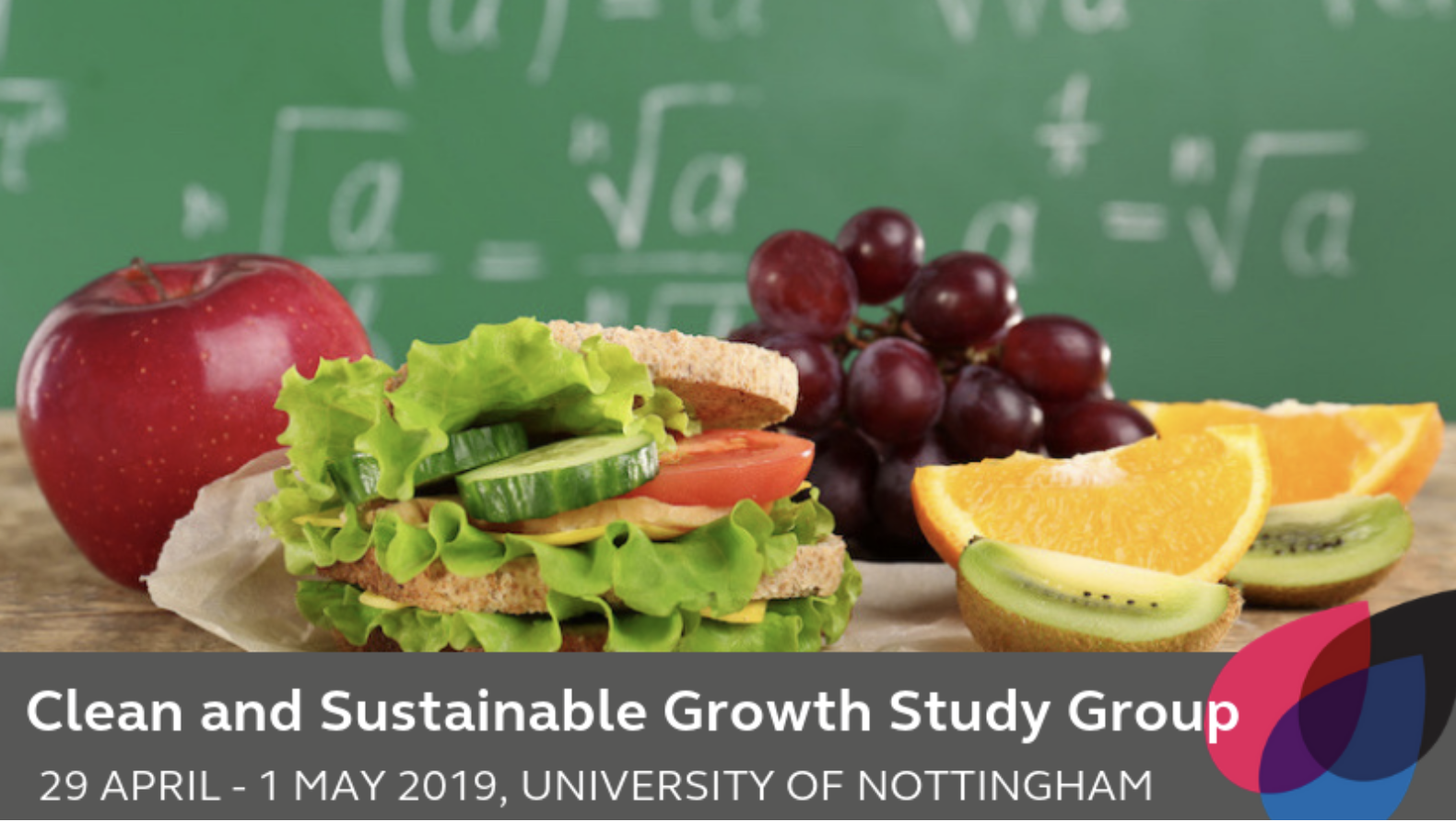We are proud to be part of all our collaborations and work tirelessly with all our partners, helping with their growth, impact and reach. One of the new collaborators we’re extremely excited about working with is the TVAI Hub, the home of AI in the Thames Valley.

The Hub has been created to pull together the incredible community of academics, researchers, technologists, clinicians and business strategists here in the Thames Valley so everyone can learn, network, collaborate, share knowledge, explore and develop business opportunities and partnerships.
Starting in December 2019, they are hosting a series of events, each featuring a highly influential speaker and covering key areas of AI, Machine Learning and Big Data. Members of the community will be able to register and attend these free of charge.
Their aim is to get this area internationally recognised for the talent, skills and expertise that has given rise to its reputation as the ‘UK’s Silicon Valley’, and of course to attract more brilliant people and companies to the beautiful, well connected area that is the Thames Valley.
You can read more about the TVAI Hub right here.


